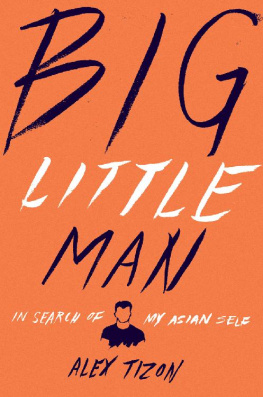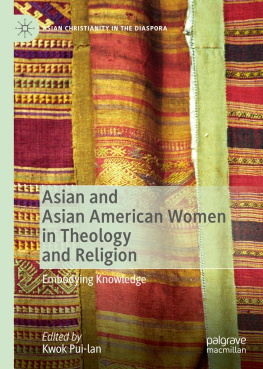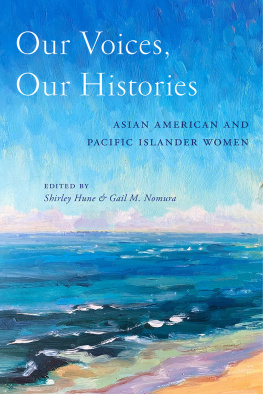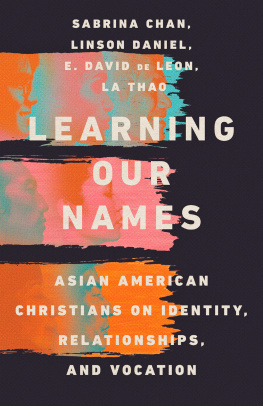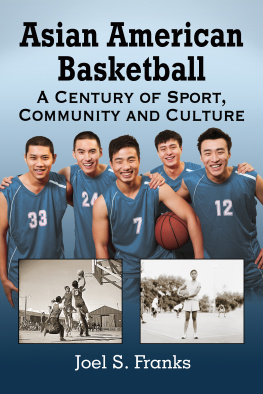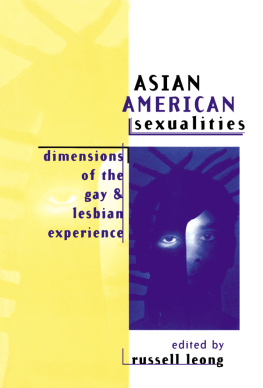
Table of Contents
Copyright 2014 by Alex Tizon
All rights reserved
For information about permission to reproduce selections from this book, write to Permissions, Houghton Mifflin Harcourt Publishing Company, 215 Park Avenue South, New York, New York 10003.
www.hmhco.com
The Library of Congress has cataloged the print edition as follows:
Tizon, Alex.
Big little man : in search of my Asian self / Alex Tizon.
pages cm
Includes bibliographical references.
ISBN 978-0-547-45048-3 (hardback)
1. Tizon, Alex. 2. Filipino AmericansBiography. 3. Young men United StatesBiography. 4. Asian American menSocial conditions. 5. Asian American menPsychology. 6. Asian AmericansEthnic identity. 7. Sex roleUnited States. 8. MasculinityUnited States. 9. Sexual attractionSocial aspectsUnited States. 10. United StatesEthnic relations. I. Title.
E 184. F 4 T 59 2014
305.895'073dc23 2013045020
e ISBN 978-0-544-23285-3
v1.0614
Lines from Li Weis For the Heck of It, in 21st Century Chinese Poetry, no. 3, reprinted with permission. Lines from Yosano Akikos Black Hair translated by Kenneth Rexroth, from One Hundred More Poems from the Japanese, copyright 1976 by Kenneth Rexroth. Reprinted by permission from New Directions Publishing Corp. Line from Baby I Cant Please You written by Leslie A. Phillips. Copyright 1994 Eden Bridge Music (ASCAP). All rights reserved. Used by permission. Lines from The flowers whirl away... by the Prime Minister Kintsune (XL), translated by Kenneth Rexroth, from One Hundred Poems from the Japanese, copyright 1955 by New Directions Publishing Corp. Reprinted by permission of New Directions Publishing Corp. Lines from A Strange Old Man by Hitomaro (XXII), translated by Kenneth Rexroth, from One Hundred Poems from the Japanese, copyright 1955 by New Directions Publishing Corp. Reprinted by permission of New Directions Publishing Corp. Lines from Hay for the Horses copyright 1965 by Gary Snyder, from Riprap and Cold Mountain Poems. Reprinted by permission of Counterpoint. To Wei Pa, a Retired Scholar by Tu Fu, translated by Kenneth Rexroth, from One Hundred Poems from the Chinese, copyright 1971 by Kenneth Rexroth. Reprinted by permission of New Directions Publishing Corp. Lines from Jorge Luis Borgess Cambridge, translated by Hoyt Rogers, copyright 1999 by Mara Kodama; translation copyright 1999 by Hoyt Rogers, from Selected Poems by Jorge Luis Borges, edited by Alexander Coleman. Used by permission of Viking Penguin, a division of PenguinGroup (USA) LLC.
For Melissa, Dylan, and Maya
Killing Magellan
What is the knocking at the door in the night? D. H. Lawrence
When I was twenty-nine, I flew to the island of Cebu in the Philippines to watch a fight. I arrived on a sweltering morning with nothing but books and some clothes in an overnight bag, which I threw into the trunk of the first taxi that stopped for me. It was a white clunker with the words LOVE DOLL COACH painted in red cursive on the passenger door just above a phone number and a smaller inscription that read RIDE NICE IN PARADISE. The drivers name was Bobby. For the next two mornings, Bobby greeted me with Morning, Sir Alex.
No need to call me sir, Id say.
Yes, sir, Sir Alex, hed assure me.
He was not being funny. Bobby went about his work with robotic swiftness and a prefab smile that appeared on cue. He was eager but detached at the same time, with no interest in making real contact. I never felt at ease around him. I wanted to be friends; he wanted to be my servant. I would learn that his was the prescribed demeanor for all service workers in the Philippines. Saying sir two or three times in a single sentence was not considered excessive. Chronic obsequiousness had seeped into the national character during four centuries of colonial rule. Bobby also chain-smoked, which no doubt contributed to turning the whites of his eyes crayon red. He had greasy misshapen hair and grimy fingernails as long as guitar picks. He was not a pretty sight in the morning. But I knew no one else, and there were so many other things to rest my eyes upon.
Cebu is one of the Philippines larger islands, a long skinny outcrop of sand and forest in the central region known as the Visayas. From the air, the island resembles the profile of a high diver in mid-dive: from the tip of the toes in the north to the fingertips in the south is 120 miles. The thickest part, around the trunk, is twenty-five miles across. If the plunging diver were facing east, the capitalCebu Citywould be right near the belly button, which was where Bobby drove me on that first day. It was an hours drive in heavy traffic from the airport.
To get to my hotel, the Love Doll Coach wound through a labyrinthine maze of crowded neighborhoods, the masa made up of brown bodies in scant attire pressed closely together and yet somehow also moving like a river. Up we chugged on climbing narrow streets lined with rickety storefronts, their corrugated steel awnings bent and rusting out. Freshly butchered goats hung from hooks, blood still dripping from open mouths. Women in shorts and flip-flops with baskets of fruit on their heads walked past with small children running in orbits around sinewy legs. I rolled down my window and was instantly smothered in air thick with exhaust and something else, what was itsweat? The smell of toil. Occasionally an ocean breeze cut through, and a hint of wet sand and palm trees. The scent of mangoes from somewhere.
It was all new to my Americanized senses. I was awash in newness, as if I had landed on a never-discovered continent. And yet it was not my first time here. I was born on one of these islands. My blood, with its tinctures of Malay and Spanish and Chinese, came from the same pool as those of the masses we passed on the road. At age four I was brought by my parents to America, a land where people did not look too kindly on a groveler, for instance, anybody who said sir three times in a single sentence. I recognized Bobby because I had a little bit of Bobby inside me, and I didnt like it much. Becoming an American meant I had to hate the groveler and exorcise him from my soul. It was hard work, becoming an American, and I felt Id succeeded for the most part.
Yet I was not all-American. I could never be that. Most of us, when imagining an all-American, wouldnt picture a man who looked like me. Not even I would. You would have to take my word for it that more than a few times in my life I looked in a mirror and was startled by the person looking back. I could go a long time feeling blithely at home, until a single glance at my reflection would be like a slap on the back of the head. Hey! You are not of this land. Certainly during my growing-up years in America, many people, friends and strangers, intentionally and not, helped to embed in me like a hidden razor blade the awareness of being an outsider.
I remember an encounter with a fellow student at JHS 79 in the Bronx, where my family lived in the 1970s. I was about thirteen. My school was just off the Grand Concourse on 181st, a five-story brick building with bars over all the windows and dark clanging stairwells that might as well have been back alleys. Some stairwells you did not dare travel alone, but I was new and didnt know better. One afternoon in one of these stairwells, an open hand with five impossibly long fingers fell hard against my chest and stopped me in my tracks.
What you supposed to be, motherfukka? the owner of the hand said.
Wha? I stammered.
Are you deaf, boy? I said, What you supposed to be? The owner of the hand was a tall black guy, Joe Webb, who turned out to be the oldest and biggest member of my seventh-grade class, a man among boys. He was one of those guys whose muscles bulged like rocks sewn under skin, whose glare conveyed the promise of apocalyptic violence. Are you a Chink, a Mehi-kan? What?
Next page
